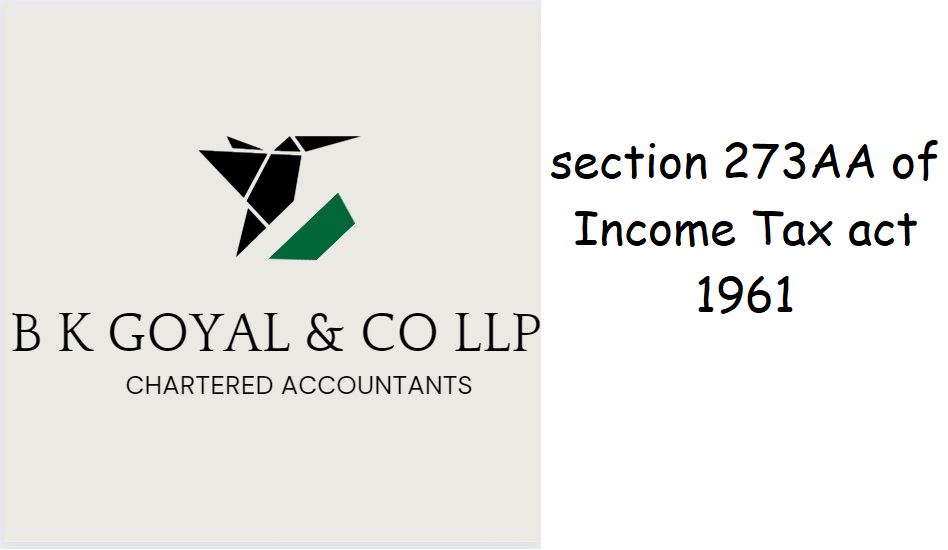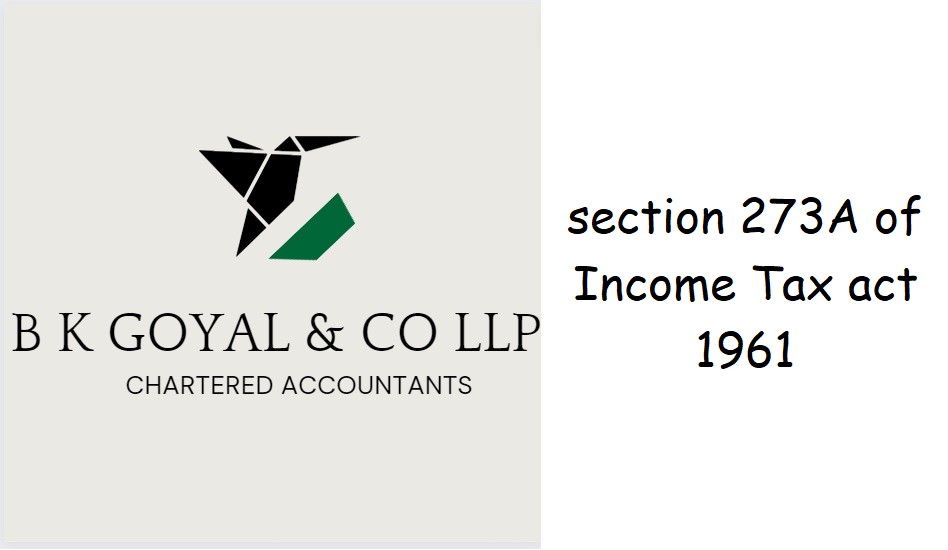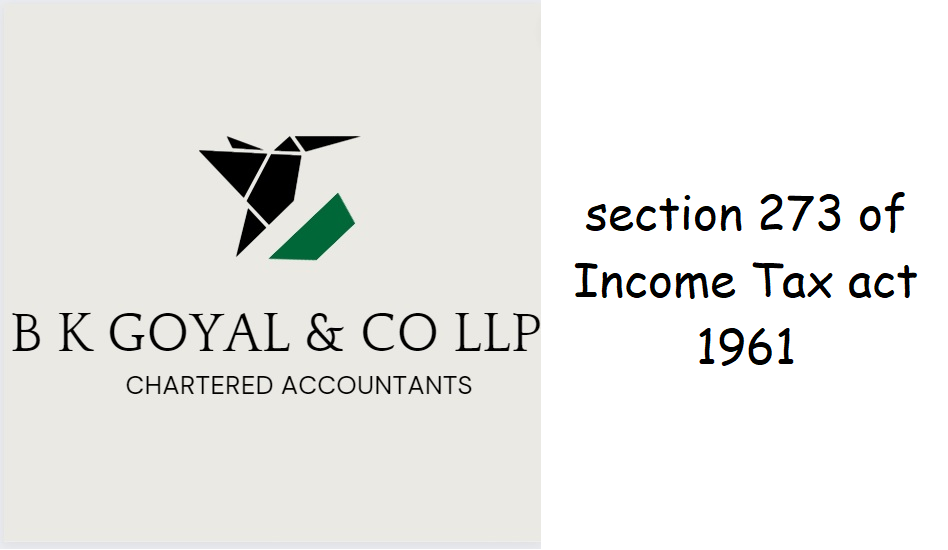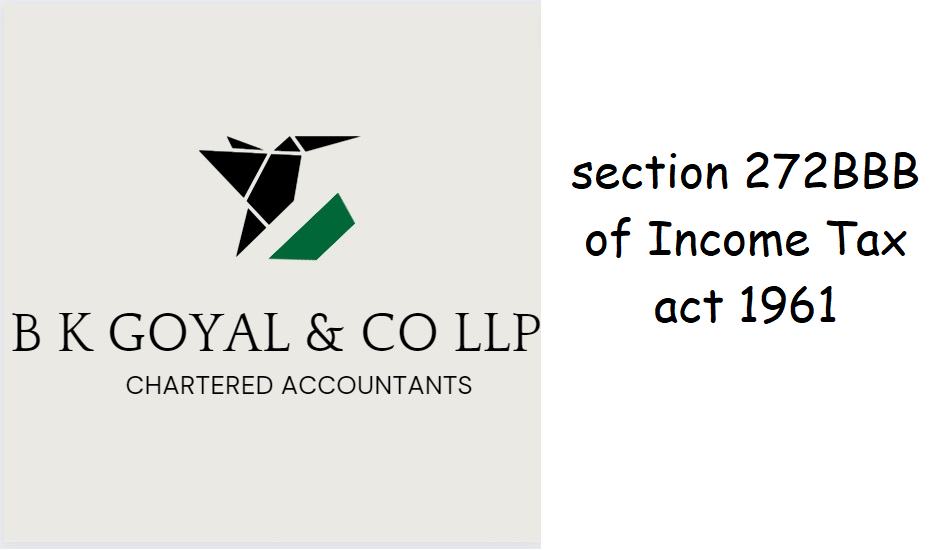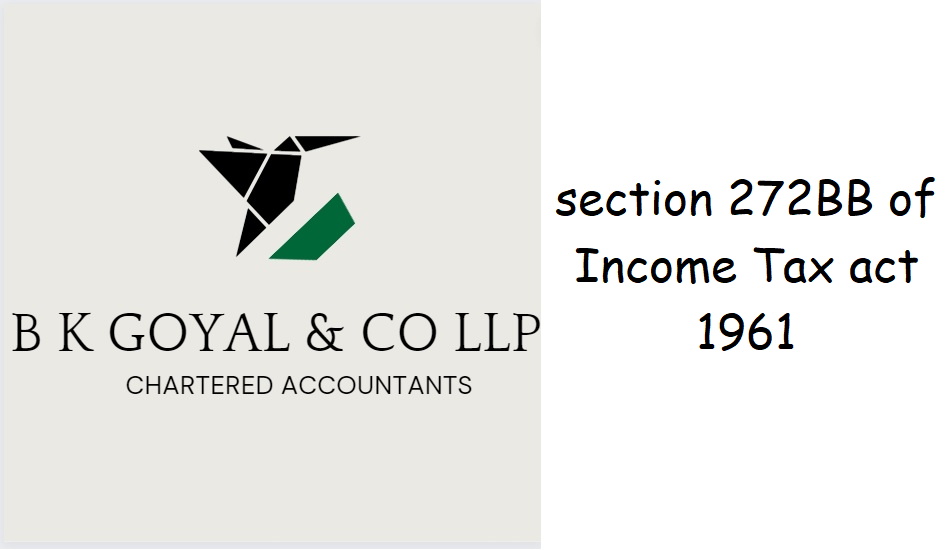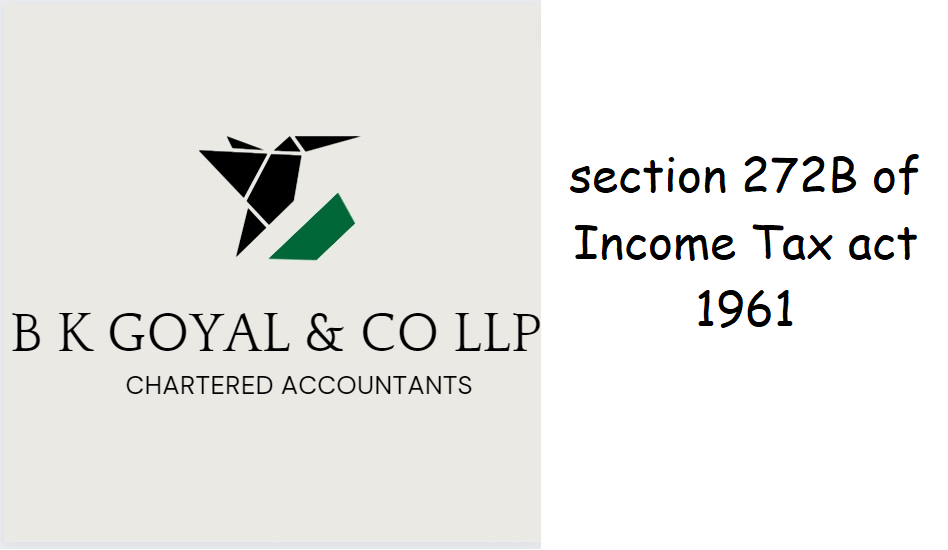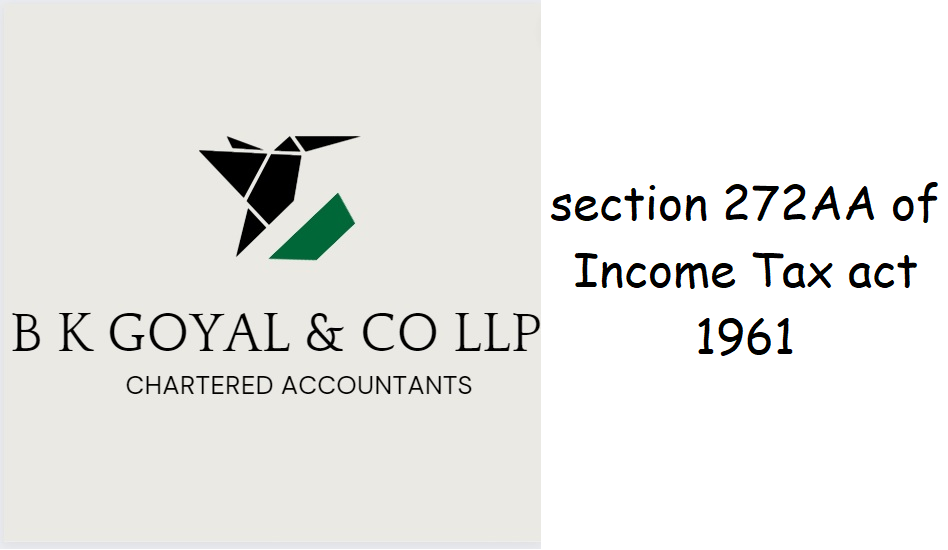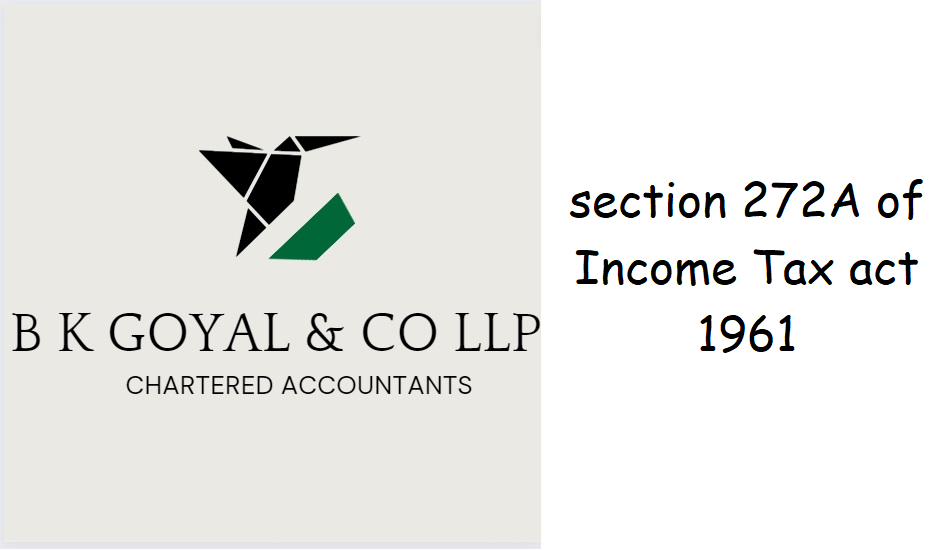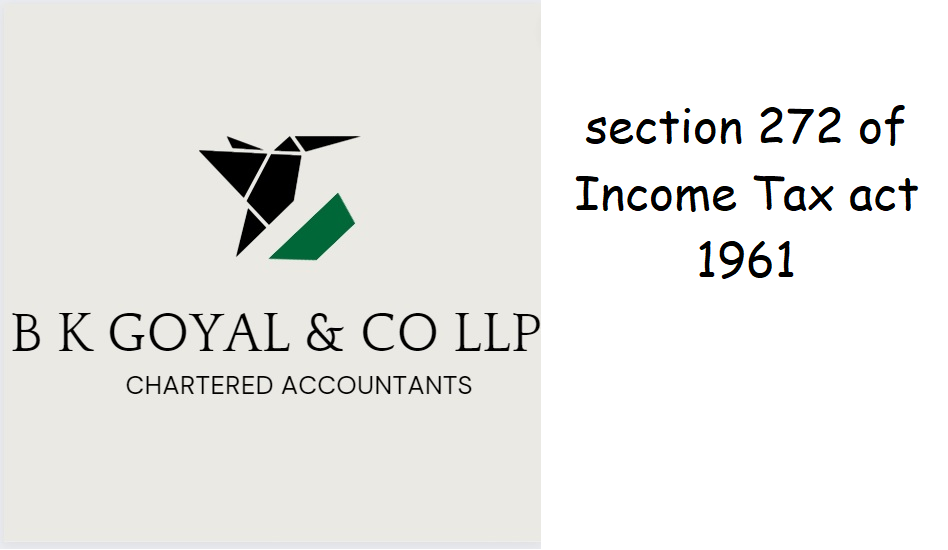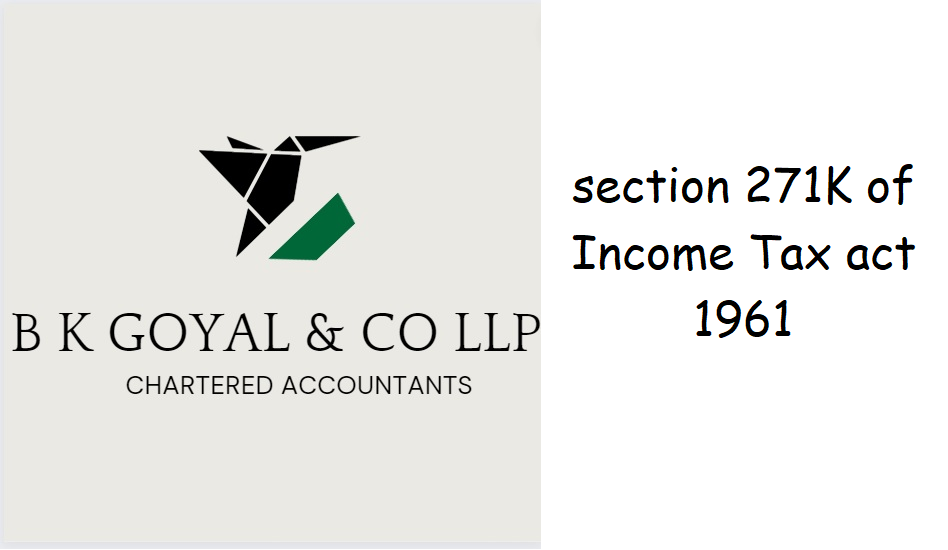False estimate of, or failure to pay, advance tax (1) If the Assessing Officer, in the course of any proceedings in connection with the regular assessment for any assessment year, is satisfied that any assessee— (a) has furnished under clause (a) of sub-section (1) of section 209A a statement of the advance tax payable by him which he knew or had reason to believe to be untrue, or (b) has failed to furnish a statement of the advance tax payable by him in accordance with the provisions of clause (a) of sub-section (1) of section 209A, he may direct that such person shall, in addition to the amount of tax, if any, payable by him, pay by way of penalty a sum— (i) which, in the case referred to in clause (a), shall not be less than ten per cent but shall not exceed one and a half times the amount by which the tax actually paid during the financial year immediately preceding the assessment year under the provisions of Chapter XVII-C falls short of— (1) seventy-five per cent of the assessed tax as defined in sub-section (5) of section 215, or (2) the amount which would have been payable by way of advance tax if the assessee had furnished a correct and complete statement in accordance with the provisions of clause (a) of sub-section (1) of section 209A, whichever is less; (ii) which, in the case referred to in clause (b), shall not be less than ten per cent but shall not exceed one and a half times of seventy-five per cent of the assessed tax as defined in sub-section (5) of section 215: Provided that in the case of an assessee, being a company, the provisions of this sub-section shall have effect as if for the words “seventy-five per cent”, at both the places where they occur, the words “eighty-three and one-third per cent” had been substituted. (2) If the Assessing Officer, in the course of any proceedings in connection with the regular assessment for the assessment year commencing on the 1st day of April, 1970, or any subsequent assessment year, is satisfied that any assessee— (a) has furnished under sub-section (1) or sub-section (2) or sub-section (3) or sub-section (5) of section 209A, or under sub-section (1) or sub-section (2) of section 212, an estimate of the advance tax payable by him which he knew or had reason to believe to be untrue, or (aa) has furnished under sub-section (4) of section 209A or under sub-section (3A) of section 212 an estimate of the advance tax payable by him which he knew or had reason to believe to be untrue, or (b) has failed to furnish an estimate of the advance tax payable by him in accordance with the provisions of clause (b) of sub-section (1) of section 209A, or (c) has failed to furnish an estimate of the advance tax payable by him in accordance with the provisions of sub-section (4) of section 209A or sub-section (3A) of section 212, he may direct that such person shall, in addition to the amount of tax, if any, payable by him, pay by way of penalty a sum— (i) which, in the case referred to in clause (a), shall not be less than ten per cent but shall not exceed one and a half times the amount by which the tax actually paid during the financial year immediately preceding the assessment year under the provisions of Chapter XVII-C falls short of— (1) seventy-five per cent of the assessed tax as defined in sub-section (5) of section 215, or (2) where a statement under clause (a) of sub-section (1) of section 209A was furnished by the assessee or where a notice under section 210 was issued to the assessee, the amount payable under such statement or, as the case may be, such notice, whichever is less; (ia) which, in the case referred to in clause (aa), shall not be less than ten per cent but shall not exceed one and a half times the amount by which the tax actually paid during the financial year immediately preceding the assessment year under the provisions of Chapter XVII-C falls short of seventy-five per cent of the assessed tax as defined in sub-section (5) of section 215; (ii) which, in the case referred to in clause (b), shall not be less than ten per cent but shall not exceed one and a half times of seventy-five per cent of the assessed tax as defined in sub-section (5) of section 215; and (iii) which, in the case referred to in clause (c), shall not be less than ten per cent but shall not exceed one and a half times the amount by which— (a) where the assessee has sent a statement under clause (a), or an estimate under clause (b) of sub-section (1) of section 209A, or an estimate in lieu of a statement under sub-section (2) of that section, the tax payable in accordance with such statement or estimate; or (b) where the assessee was required to pay advance tax in accordance with the notice issued to him under section 210, the tax payable under such notice, falls short of seventy-five per cent of the assessed tax as defined in sub-section (5) of section 215: Provided that in the case of an assessee, being a company, the provisions of this sub-section shall have effect as if for the words “seventy-five per cent”, wherever they occur, the words “eighty-three and one-third per cent” had been substituted. Explanation 1.—For the purposes of clause (ia), the amount paid by the assessee on or before the date extended by the Principal Chief Commissioner or Chief Commissioner or Principal Commissioner or Commissioner under the first proviso to sub-section (4) of section 209A or, as the case may be, first proviso to sub-section (3A) of section 212 shall, where the date so extended falls beyond the financial year immediately preceding the assessment year, also be regarded as tax actually paid during that financial year. Explanation 2.—When the person liable to penalty is a registered firm or an unregistered firm which has been assessed under clause (b) of section 183, then, notwithstanding
